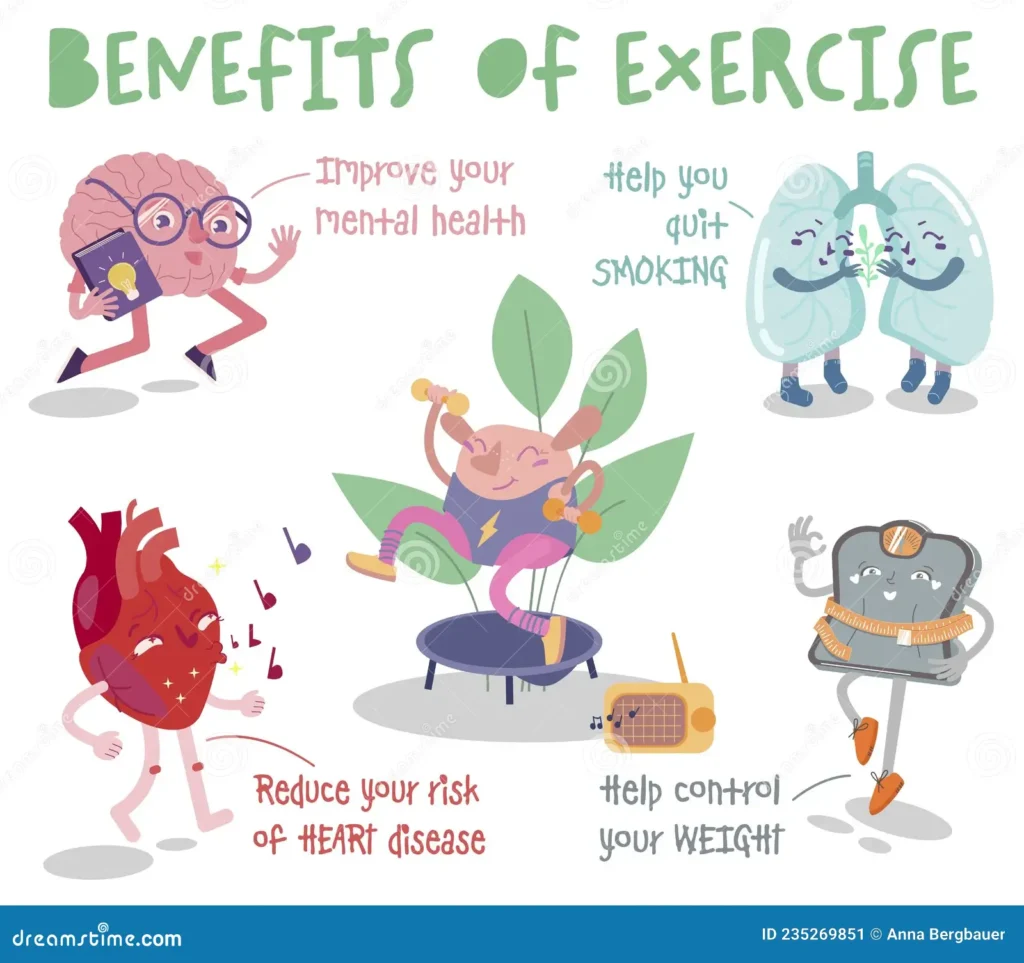Key Takeaways
- Choose a Sustainable Diet Plan: Opt for a diet that you can stick to in the long run.
- Incorporate Exercise: A balanced approach to weight loss includes both diet and physical activity.
- Mindfulness and Emotional Well-being: Stress and emotional eating can sabotage your weight loss efforts.
- Regular Monitoring: Keep track of your progress and make adjustments as needed.

Introduction
Long-Term Success in Weight Loss
The journey to successful weight loss and management is often fraught with misinformation, quick fixes, and unsustainable practices. This article aims to provide a comprehensive guide based on the top 10 Google search results on how to achieve long-term success in weight loss and management.
Choosing the Right Diet Plan
The Mediterranean Diet
The Mediterranean Diet is more than just a diet; it’s a lifestyle that encourages consuming high quantities of fresh fruits and vegetables, nuts, fish, and olive oil. The diet also involves a reduced intake of red meat and dairy products.
Health Benefits
- Reduced risk of cardiovascular diseases
- Lower levels of LDL cholesterol
- Improved mental health
- Lower risk of Alzheimer’s and Parkinson’s diseases
How to Get Started
- Incorporate more fruits and vegetables into your meals
- Use olive oil instead of butter or margarine
- Eat fish twice a week
- Limit red meat to a few times a month
The DASH Diet
The DASH Diet (Dietary Approaches to Stop Hypertension) is designed to combat high blood pressure. However, it’s also effective for weight loss and offers additional health benefits.
Health Benefits
- Lower blood pressure
- Reduced risk of heart disease
- Lower risk of certain types of cancer
- Improved insulin sensitivity
How to Get Started
- Eat plenty of fruits and vegetables
- Choose whole grains over processed grains
- Limit your sodium intake
- Avoid sugary drinks and sweets
Plant-Based Diets
Plant-Based Diets focus on foods primarily from plants. This includes not only fruits and vegetables but also nuts, seeds, oils, whole grains, legumes, and beans.
Health Benefits
- Lower body weight
- Improved heart health
- Lower cancer risk
- Lower risk of type 2 diabetes
How to Get Started
- Start by adding more plant-based foods to your diet
- Eliminate meat gradually
- Plan your meals around plant-based foods
Low Carb Diets

Low Carb Diets focus on proteins and fats as primary sources of dietary calories in addition to a limited amount of carbohydrates.
Health Benefits
- Quick weight loss
- Improved HDL cholesterol levels
- Lower blood sugar and insulin levels
- May lower blood pressure
How to Get Started
- Limit bread, pasta, and other high-carb foods
- Focus on high-protein and high-fat foods
- Keep track of your carb intake
The Role of Exercise

Cardiovascular Exercise
Cardiovascular Exercise is any exercise that raises your heart rate and keeps it elevated for an extended period. These exercises help burn calories and improve the health of your heart and lungs.
Types of Cardio Exercises
- Running
- Cycling
- Swimming
- Jumping rope
Strength Training
Strength Training involves exercises that make your muscles work harder than usual. This increases your muscle mass, tones your body, and burns calories.
Types of Strength Training Exercises
- Weight lifting
- Resistance band exercises
- Bodyweight exercises like push-ups and pull-ups
Flexibility and Core Strength
Flexibility and Core Strength exercises like yoga and Pilates not only improve your flexibility but also your balance and overall body strength.
Benefits
- Improved posture
- Better balance
- Enhanced coordination
Emotional Well-being and Mindfulness
Stress Management
Stress Management is crucial for weight loss and overall health. Stress can lead to emotional eating, which can sabotage your weight loss efforts.
Tips for Managing Stress
- Exercise regularly
- Get enough sleep
- Practice mindfulness and meditation
Mindful Eating
Tips for Mindful Eating
- Eat slowly
- Eliminate distractions while eating
- Listen to your body’s hunger and fullness cues
Monitoring and Adjustments
Regular Check-ups
Regular check-ups with your healthcare provider can offer insights into your overall health and inform whether your weight loss plan needs adjustments.
Adjustments
If you’re not seeing the results you want, it may be time to make some changes. This could mean tweaking your diet, changing your exercise routine, or finding new ways to manage stress.
Frequently Asked Questions
- Is it necessary to count calories?
- Not always, but it can be helpful in tracking your progress.
- How often should I exercise?
- At least 150 minutes of moderate exercise per week is recommended.
- Can I eat cheat meals?
- Yes, but in moderation and not frequently.
Conclusion
Achieving long-term success in weight loss and management is a multifaceted approach that involves choosing the right diet plan, incorporating a balanced exercise routine, and taking care of your emotional well-being. It’s not just about losing weight but about adopting a healthier lifestyle for the long run.

